- Your cart is empty
- Continue Shopping

Product
Gemcite, with the generic name Gemcitabine, is a chemotherapy medication used in the treatment of various cancers. Here is a detailed description of Gemcite (Gemcitabine):
Class and Mechanism of Action:
- Chemotherapy Agent: Gemcite is classified as a nucleoside analog. It interferes with the process of DNA synthesis and replication by incorporating into the growing DNA chain, leading to inhibition of cell division and ultimately causing cell death.
Indications:
- Gemcite is used for the treatment of several types of cancer, including:
- Pancreatic cancer: It is commonly used as a first-line treatment for advanced or metastatic pancreatic cancer.
- Non-small cell lung cancer (NSCLC): Gemcitabine may be used alone or in combination with other chemotherapy drugs.
- Breast cancer: In certain cases, Gemcite may be considered for breast cancer treatment.
Administration:
- Gemcite is administered as an intravenous (IV) infusion by a healthcare professional. The specific dosage, treatment schedule, and duration depend on the type of cancer being treated and the patient’s overall health.
Combination Therapy:
- Gemcite is often used in combination with other chemotherapy drugs or treatments to enhance its effectiveness in certain cancers.
Side Effects:
- Common side effects of Gemcite may include nausea, vomiting, fatigue, decreased appetite, and lowered blood cell counts (neutropenia, thrombocytopenia). It can also cause flu-like symptoms, such as fever and muscle aches. Patients should report any severe or persistent side effects to their healthcare providers.
Precautions and Monitoring:
- Regular blood tests are typically conducted during Gemcite treatment to monitor blood cell counts and assess the overall impact on the bone marrow. Patients may also be monitored for kidney function and liver enzymes.
Contraindications:
- Gemcite is contraindicated in individuals with a known hypersensitivity to gemcitabine or any of the components in the formulation.
Pregnancy and Breastfeeding:
- Gemcite may cause harm to a developing fetus, and women are advised to use effective contraception during treatment and for a period after the last dose. Breastfeeding is not recommended during Gemcite treatment.
Interactions:
- Gemcite may interact with certain medications, and patients should inform their healthcare providers about all prescription and over-the-counter drugs, as well as herbal supplements, they are taking.
Patients undergoing cancer treatment with Gemcite should have open communication with their healthcare team, report any side effects promptly, and follow the recommended treatment plan. The information provided here is a general overview, and specific details may vary based on individual cases and healthcare provider recommendations.
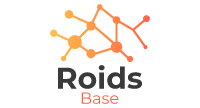

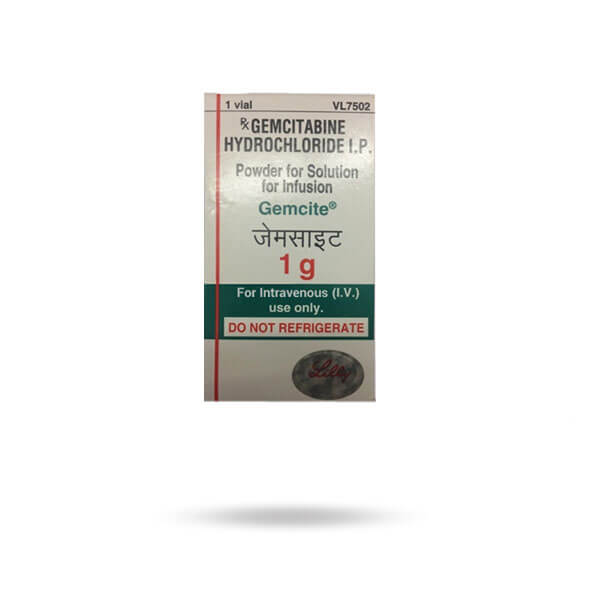
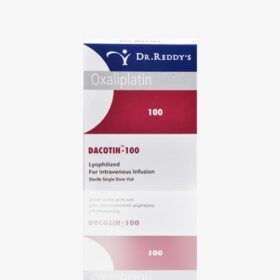
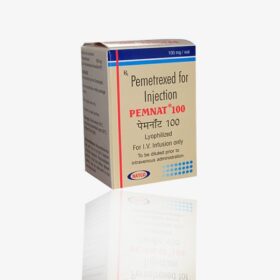
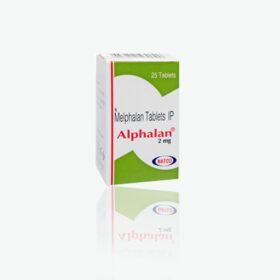
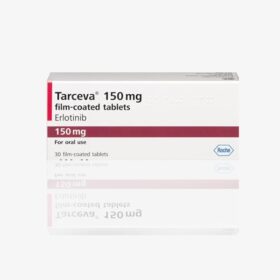
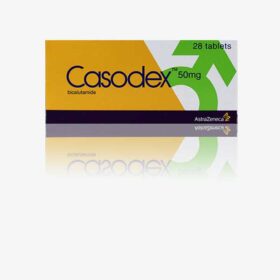
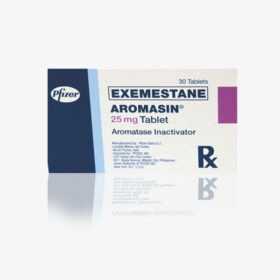

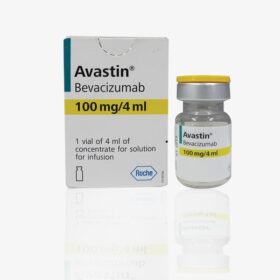



Reviews
There are no reviews yet.